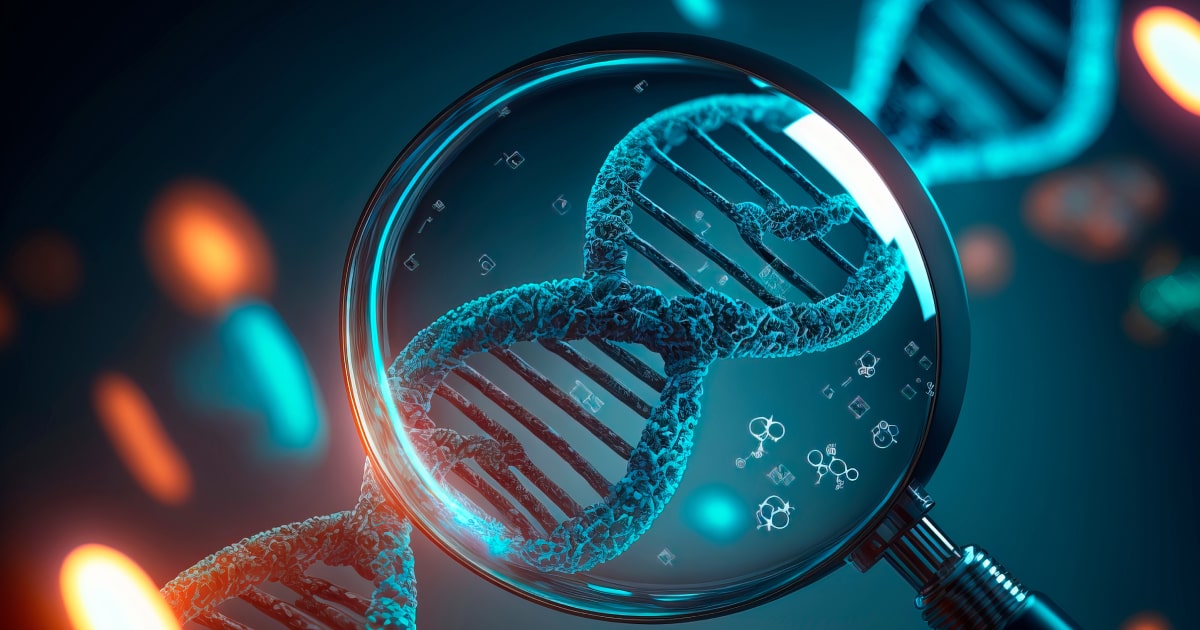
Expert Reviewed By: Dr. Brandon Colby MD
Understanding RhD Negative Blood
RhD negative blood is a rare blood type that occurs when an individual lacks the RhD antigen on the surface of their red blood cells. This antigen is a protein that is part of the Rh blood group system, which is one of the most complex and immunogenic blood group systems in humans. RhD negative individuals can experience complications during blood transfusions and pregnancies, as their immune system may produce antibodies against RhD positive blood, leading to hemolytic reactions and other adverse effects.
Various studies have been conducted to better understand the genetic basis of RhD negative blood, including the role of frameshift variations in the RHD gene (source) and the genetic diversity of the Rh blood group system in different populations (source). These studies have shed light on the molecular mechanisms behind RhD negative blood and have paved the way for improved diagnostic methods and genetic testing.
Diagnosing RhD Negative Blood
Traditionally, RhD negative blood is identified through serological testing, which involves analyzing blood samples for the presence or absence of the RhD antigen. However, serological testing can sometimes yield false-negative or false-positive results, especially in cases of weak or partial D antigen expression.
Recent advancements in molecular diagnostics have led to the development of more accurate methods for detecting RhD negative blood. By analyzing the DNA sequence of the RHD gene, researchers can identify variations and deletions that are associated with RhD negative phenotype (source). This approach not only improves the accuracy of RhD blood typing but also provides valuable information about the genetic basis of RhD negative blood in different populations.
Genetic Testing for RhD Negative Blood
Genetic testing for RhD negative blood has several important applications, including:
1. Blood Donor Screening
Accurate blood typing is crucial for ensuring the safety of blood transfusions. By identifying RhD negative donors, blood banks can provide compatible blood products for RhD negative recipients and minimize the risk of hemolytic reactions. Genetic testing can help identify weak or partial D antigens that may not be detected by serological methods, thereby improving the accuracy of blood donor screening.
2. Prenatal Testing
During pregnancy, RhD negative mothers who are carrying an RhD positive fetus are at risk of developing hemolytic disease of the fetus and newborn (HDFN). This condition occurs when the mother's immune system produces antibodies against the RhD antigen on the fetus's red blood cells, leading to hemolysis and potentially severe complications. Prenatal genetic testing can help determine the RhD status of the fetus, allowing healthcare providers to implement appropriate preventive measures, such as administering RhD immunoglobulin to the mother to prevent antibody production.
3. Personalized Medicine
Understanding the genetic basis of RhD negative blood can help inform personalized medical strategies for individuals with this blood type. For example, genetic testing can reveal specific RHD gene variations that may be associated with a higher risk of adverse reactions during blood transfusions or pregnancies. This information can be used to guide clinical decision-making and optimize patient care.
4. Population Genetics and Anthropology
Studying the genetic diversity of the Rh blood group system can provide valuable insights into the evolutionary history and population structure of different human groups. For example, researchers have found that the Basque population has the highest frequency of the RHD deletion and extreme differentiation for the C/c variant (source). These findings can contribute to a better understanding of human genetic diversity and the factors shaping the distribution of blood types around the world.
In conclusion, genetic testing for RhD negative blood has numerous applications, from improving blood transfusion safety to informing personalized medical strategies. As our understanding of the genetic basis of RhD negative blood continues to grow, we can expect to see further advancements in diagnostic methods and therapeutic approaches for individuals with this rare blood type.
About The Expert Reviewer
Dr. Brandon Colby MD is a US physician specializing in the personalized prevention of disease through the use of genomic technologies. He’s an expert in genetic testing, genetic analysis, and precision medicine. Dr. Colby is also the Founder of and the author of Outsmart Your Genes.
Dr. Colby holds an MD from the Mount Sinai School of Medicine, an MBA from Stanford University’s Graduate School of Business, and a degree in Genetics with Honors from the University of Michigan. He is an Affiliate Specialist of the American College of Medical Genetics and Genomics (ACMG), an Associate of the American College of Preventive Medicine (ACPM), and a member of the National Society of Genetic Counselors (NSGC)